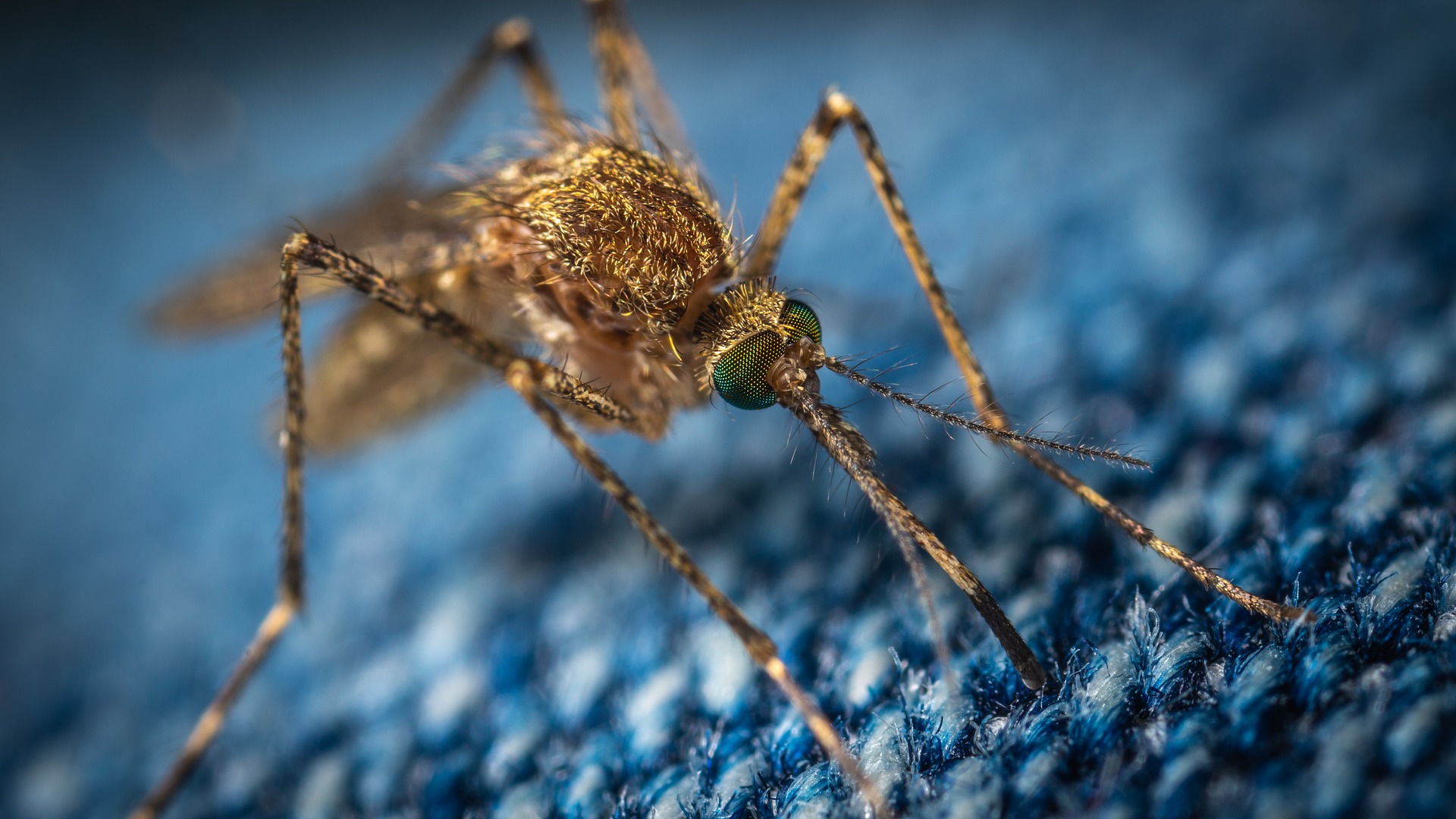News release
From:
Infectious disease: Promising results for malaria vaccine (N&V)
A malaria vaccine strategy, comprising an inoculation with a weakened parasite followed by treatment with a prophylactic drug, that offers high levels of protection is demonstrated in a trial involving 56 participants. The findings are reported in this week’s Nature.
Malaria is caused by the Plasmodium falciparum parasite, which is transmitted via the bite of infected mosquitoes. Inside the body, spore-like forms of the parasite, called sporozoites, enter the liver and replicate inside cells called hepatocytes. Many thousands of infectious parasites are then released into the bloodstream, where they infect red blood cells, multiply further, and cause disease.
Patrick Duffy and colleagues immunized 56 healthy adult volunteers with chemically attenuated (weakened) infectious sporozoites; a few days later, these individuals were given a dose of either pyrimethamine or chloroquine: prophylactic drugs that kill liver-stage and blood-stage parasites, respectively. Higher doses of the vaccine were associated with increasing levels of vaccine efficacy. The highest dose, for example, induced a vaccine efficacy of up to 87.5%.
In addition to assessing how well the strategy works against the same strain of P. falciparum as was used as the vaccine, the team also investigated responses to a different strain of the parasite. Alongside a high dose of chloroquine, immunization with infectious sporozoites achieved 100% protective efficacy against the 7G8 strain, which is found in Brazil, in six individuals for up to three months. This demonstration of so-called heterologous protection is important because an effective vaccine must protect against a diverse range of naturally circulating P. falciparum strains.



 International
International



